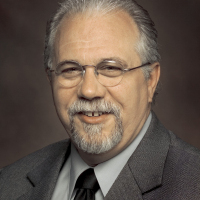
I wasn’t sure at first what to make of an unusual article currently being hosted on the Bible and Interpretation site. It’s header is certainly interesting enough —
Looking to the Future of the Study of Christian Origins
But then it continues with reference to something that definitely has very little interest for me — that word “ecstasy” in a religious context:
The Ecstatic Perception of Evolving Complexities
Tongues? Trances? No thanks. But what’s the catch with that “future” word? I do like studies of visionary experiences to explain texts and certain belief systems but am less enthusiastic about the wider world of “religious ecstasies”.
It begins with reference to postcolonial studies. Suspicion deepens. Another anachronistic model being applied to the ancient world? Is this going to be something like a Marxist interpretation of Shakespeare?
But then the author, Professor James Constantine Hanges, writes something scandalous. (Scandalous, at least, to most contemporary biblical scholarship I have read.) He seems to be saying that scholarship should be studying early Christianity as something that emerged from within not only a Jewish world but also a pagan context. The pagan world should be seen as a matrix of Christianity’s emergence, not as “the other” against which early Christianity fought tooth and nail:
Smith’s razor sharp point in the book is that the history of modern Euro-American study of Christian origins . . . was never a genuine attempt to acquire new knowledge and to more accurately describe and understand the formation of earliest Christianity. Rather, modern Euro-American biblical scholarship has been simply an exercise in apologetics, using comparison to shore up the uniqueness of Christianity against a so-called “parallelomania” for ancient polytheistic cultures.
Continue reading “Explaining Christian Origins Without Any Theological Baggage”
